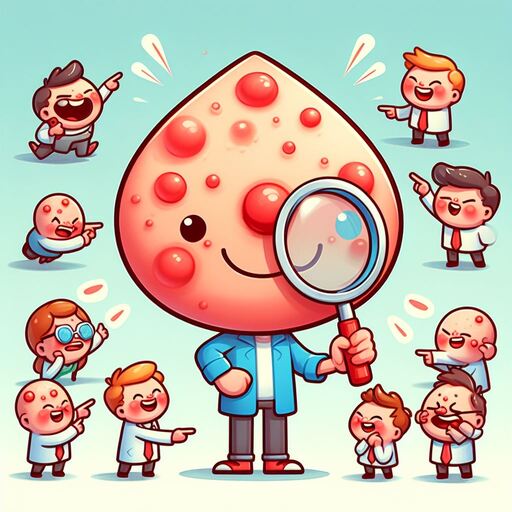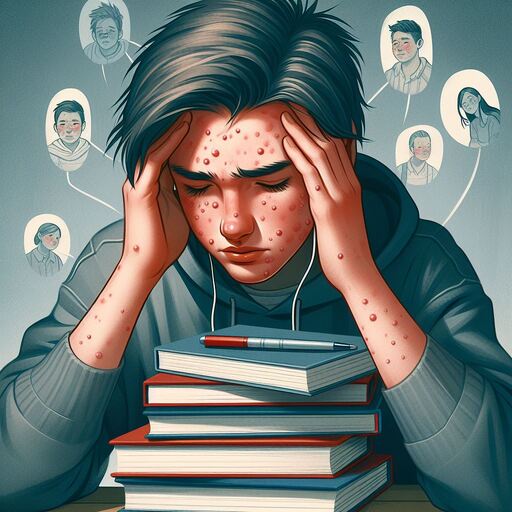Acne in Teenagers Navigating the Emotional Challenges
Acne in Teenagers Navigating the Emotional Challenges
Acne is a common skin condition that affects millions of people, and it is particularly prevalent in teenagers. The emotional challenges that come with acne can be overwhelming for young individuals who may struggle with self-esteem issues, shame, and social awkwardness. However, there are steps that teenagers and their parents can take to navigate these challenges and manage the emotional impact of acne.
One of the most significant emotional challenges of acne in teenagers is the potential for bullying and social ostracism. Teenagers with acne may be teased or excluded by their peers, which can lead to feelings of isolation, shame, and low self-esteem. It is important for teenagers with acne to recognize that they are not alone and that others may also struggle with the condition.
Another emotional challenge of acne in teenagers is the potential for anxiety and depression. The constant stress of dealing with acne can lead to feelings of helplessness, frustration, and hopelessness. It is important for parents to listen to their child’s concerns and provide support and encouragement. They should also encourage their child to seek professional help if necessary.
Acne in Teenagers Navigating the Emotional Challenges
In addition to the emotional challenges of acne, teenagers may also struggle with the physical symptoms of the condition. Acne can be painful, unsightly, and can lead to scarring if not treated properly. It is essential for teenagers to manage their acne effectively to prevent it from worsening and causing long-term damage.
To navigate the emotional challenges of acne in teenagers, parents should encourage open communication between themselves and their child. They should also educate their child about the causes and treatment options for acne and provide them with resources such as support groups and online communities.
It is also important for parents to teach their child self-care techniques such as exercising regularly, eating a healthy diet, getting enough sleep, and managing stress effectively. These techniques can help improve overall health and well-being, which can lead to better acne management.
In conclusion, acne in teenagers can be emotionally challenging, but with the right support and resources, young individuals can manage their condition and maintain a healthy self-image. Parents should encourage open communication, provide education on causes and treatment options, and teach self-care techniques to help navigate these emotional challenges.
Acne in Teenagers Navigating the Emotional Challenges

